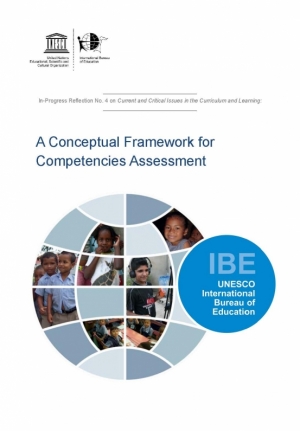There can be no denying the influence of competencies on the development of the school and its curricula. It is increasingly the case that, to enrol in a socio-economic fabric, whether locally or globally, learners– male or female – must learn to place their knowledge and know-how at the service of action: they must be able to deal with complex situations of daily and professional life. In short, they must be taught to transfer their knowledge and know-how. The school and its stakeholders must therefore be tooled to be able to handle this novelty: conducting learning processes in terms of competencies, but also assessing learners in terms of competencies.
This article emphasizes competencies assessment, particularly in a comprehensive curriculum vision, attempting to articulate all the facets of a school cursus for all. It begins by situating the contribution of competencies in the world of the school: Where do they come from? What do they bring? What is their future? It then shows how several conceptions of competency have come to exist side by side. Two of them dominate in particular. On the one hand, we have the conception of “generic competencies”, which constitute a general stock of knowledge for the learner, notably including socio-affective competencies; on the other, there is the conception of “situational competencies”, which represent the learner’s potential ability to deal with certain complex situations referring to an exit profile.
The article finally addresses the general problem of competencies assessment, both generic and situational competencies, by showing the methodologies specific to each type to be mobilized for assessment, and the difficulties facing stakeholders when it comes to assessing both categories. In conclusion, it marks out a few new paths to follow for assessing competencies.
The IBE invites you
to explore this new publication and to participate in the discussion, sharing your opinion, in the comments section.

